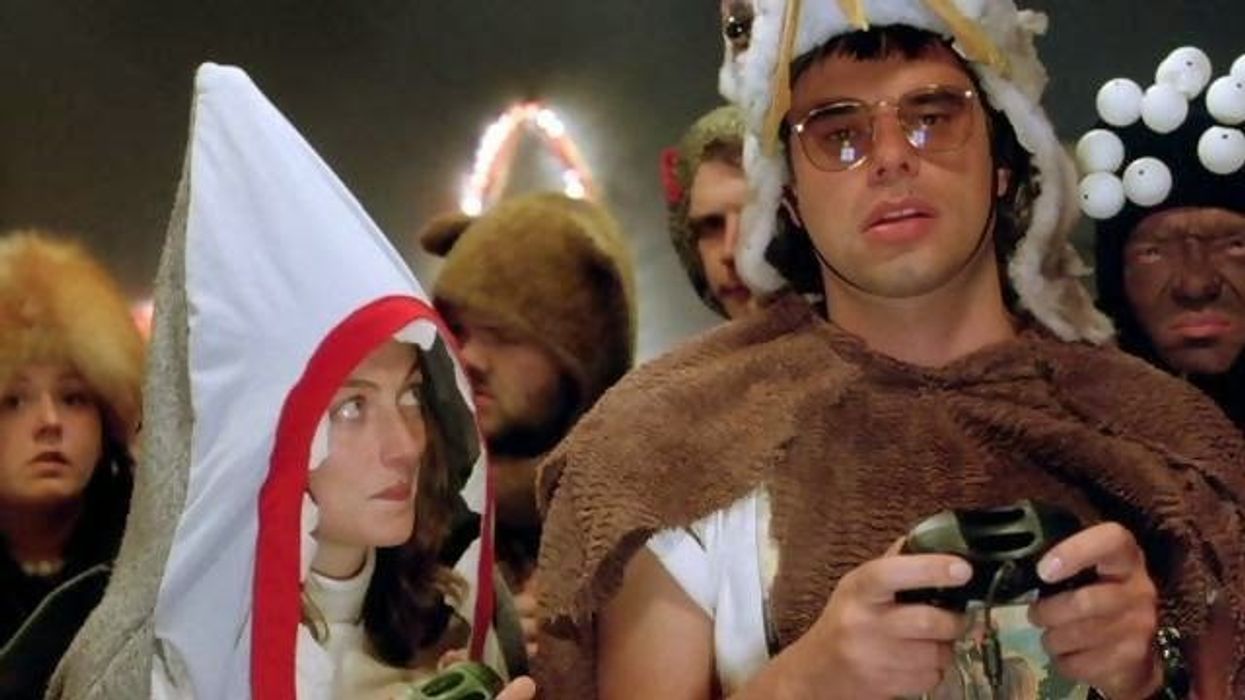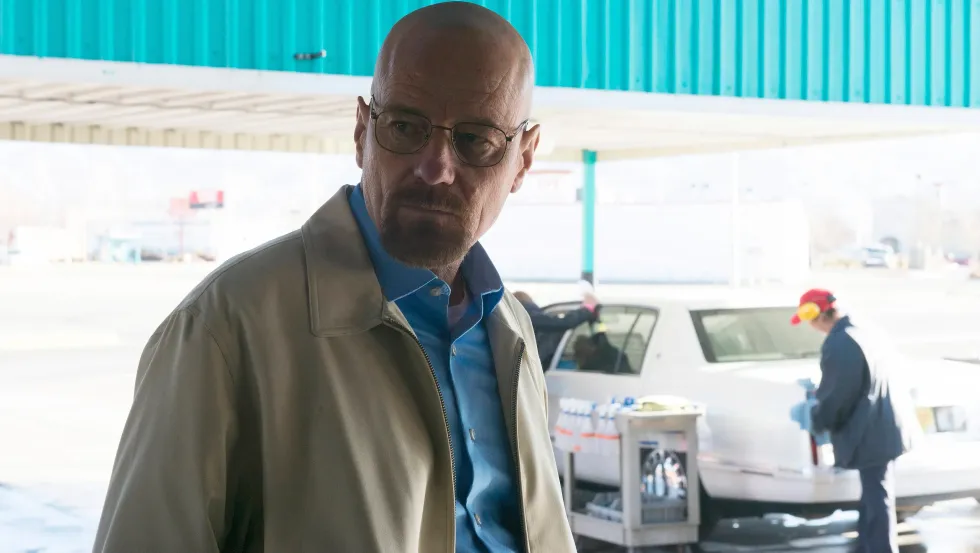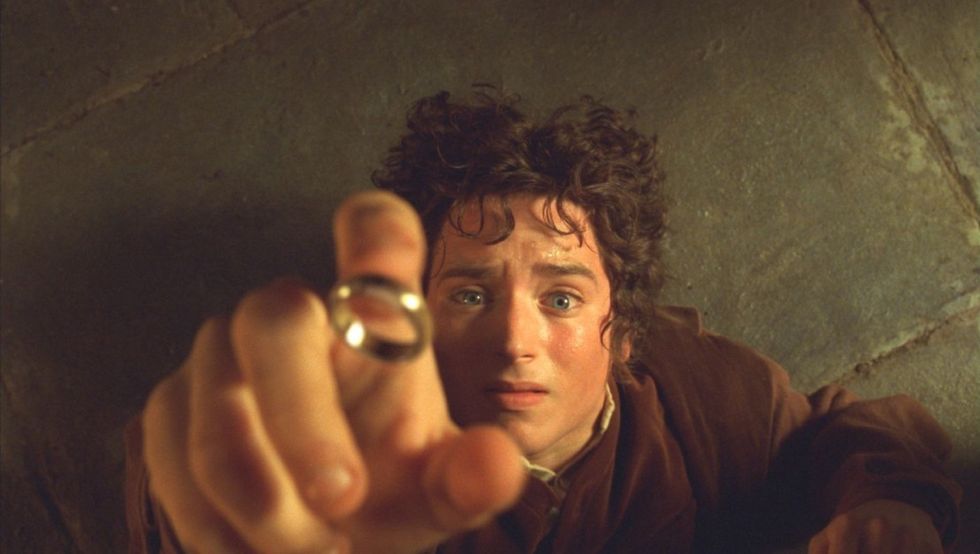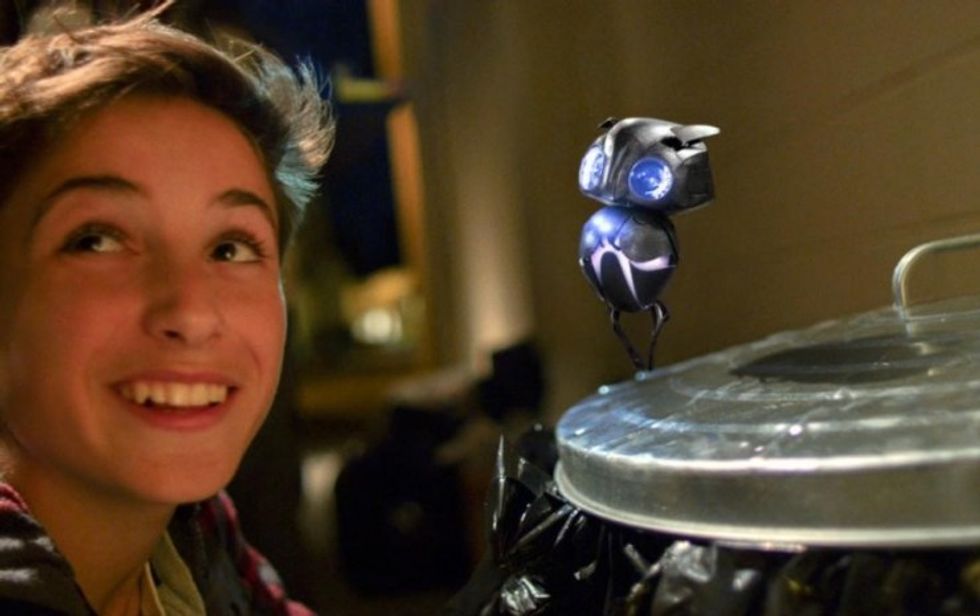Watch: Three Extremely Human Tactics Taika Waititi Uses to Make His Stories Relatable
The 'Thor: Ragnarok' director revels in humanity.

Sometimes the only road to true realism goes right through the imagination. Take, for instance, the work of Taika Waititi. His films show like slice-of-life dramas someone wrote in an unconscious state, dropping elements and storytelling techniques into them that could only be found in dreams. In so doing, Waititi has made himself one of the world's most popular directors. How you get from the dark, dark humor of Things We Do in the Shadows, which he co-directed, to Thor: Ragnarok, his latest, a blockbuster, is probably best left his secret. And yet there are a few elements we can observe that help tell the story, and this video from YouTube channel We Need to Talk About Film helps sort them out elegantly and gracefully.
1. Humor out of sadness
Few backstories could be sadder than the backstory behindEagle vs. Shark, for example, and yet the charm and mild comedy of the relationship at its heart are all the richer for it. The quiet, strange quality of Jarrod and Lily's interactions is empowered and strengthened by the fact that they are both wrestling with pain of different kinds. That pain raises the stakes of the comedy, as well, as it constantly threatens to topple the relationship.
2. Make reality stand out
In Boy, Waititi offers us a Walter Mitty in miniature in the title character, who perpetually imagines his father as a heroic, dashing figure, when in reality the actual man is just a man, really, with all the human imperfections you might imagine, and then some. Stepping into the boy's mind a little bit, as he embellishes the everyday to make it more bearable and more interesting at once, helps make his reality—albeit one which brushes regularly against crimes and personal risk—both clearer and more poignant.

3. We are all outsiders
Ricky Baker, the juvenile and social delinquent taken in by two generous older souls in Hunt for the Wilderpeople, can't quite make his mind work like those around him, and that's what makes him heroic; Waititi demonstrates through the story of his relationships with his foster parents that the outsider's viewpoint can be imbued with illumination.
Does he do anything in particular to make himself stand out? Well, sure, per a laundry list of misdemeanors presented by a local authority—and sure, per the range of misadventures he and his foster father have. But do any of these things matter, in the end? Well, no. What matters is that Ricky finds something resembling inner peace through his relationship with his foster father. Even the outsider-est outsider can come to appreciate community, or at least make peace with the idea of it.
What's your favorite moment in a Taika Waititi film? Let us know in the comments!
















